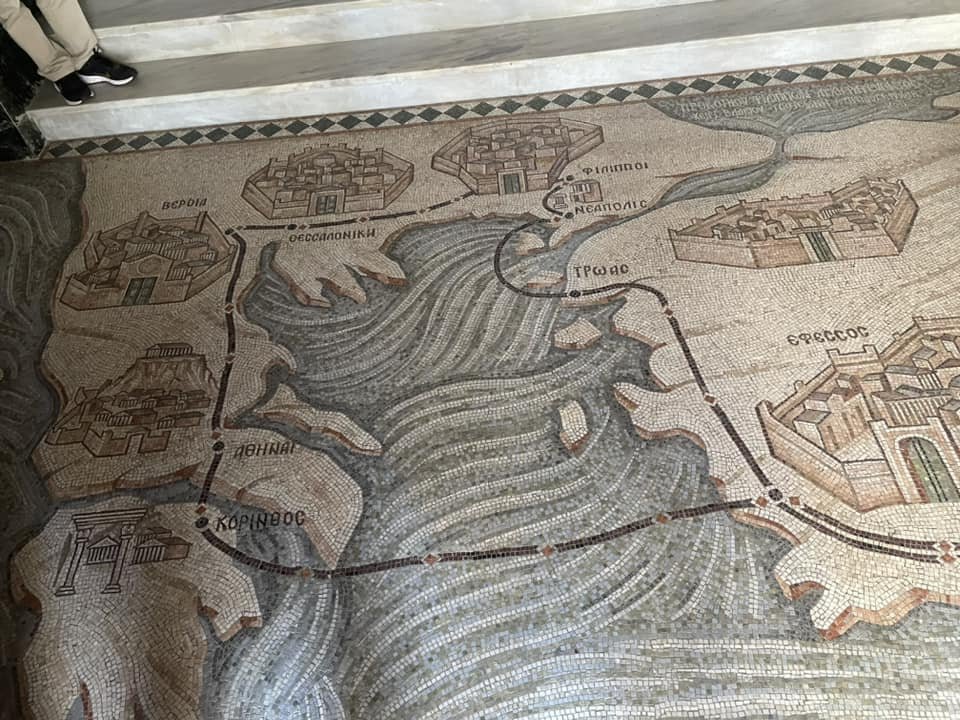What is your white whale?
Over the past couple of weeks, I have been reading Herman Melville’s epic, Moby Dick. This classic story charts the voyage of the Nantucket whaling vessel, the Pequod, as it travels across the seas in search of the infamous white whale.
The captain of the Pequod, Ahab, has a personal vendetta against this whale who took his leg. Ahab is consumed with revenge. As they pass other ships his first question is always, ‘have you seen the white whale?’ This obsession with revenge plays out across the entire story and reaches its climax with a showdown between Ahab and the whale in the waters of the Pacific Ocean.
As I read through this story, I found myself reacting strongly to what was being played out on the pages of this gripping tale. I was captivated by the friendship between Ishmael (the narrator) and the harpooner Queequeg. It is a beautiful bond that transcends culture. I was repulsed by the detailed description of the methods of the whaling industry in the 19th century. The detail that Melville gives to all that was involved in the hunting, capturing, cutting up and distilling of whale oil was truly gut-wrenching. It gave me a renewed appreciation for the efforts of conservationists in preserving these majestic sea-creatures. It caused me to stop and grieve the way in which this industry nearly wiped out the population of whales in our oceans.
Above all, I could not get past Captain Ahab and Moby Dick. Ahab’s obsession for revenge drove him to insanity. It consumed his every waking moment. He was driven by this single motive – revenge. In the end (spoiler alert!), it cost him his life.
As I have reflected on this story, it has made me think about the way we can become consumed by events or thoughts to the point where we can lose our grip on reality or truth. Whether it is revenge or something altogether different.
Like Ahab, we can become so obsessed with something, that we can neglect those around us, or cause harm when we do not even realise it.
We see this most, I think, on social media. We become fixed on a particular idea or position, and this drives us to engage and speak to others in ways that are so unhelpful.
How can we not become consumed like Ahab? In the letter of James it says this:
For where you have envy and selfish ambition, there you find disorder and every evil practice. But the wisdom that comes from heaven is first of all pure; then peace-loving, considerate, submissive, full of mercy and good fruit, impartial and sincere. (James 3:16-17).
Rather than being obsessed by an all-consuming quest, James encourages us to seek the good path. The gospel path.
These are words that we need to hear and reflect on as we walk together. They are words that can give us hope for our relationships and experiences. Imagine what it would look like if we pursed peace, were considerate to each other, willingly submissive to our authorities, merciful, impartial, and sincere?
This is a radical alternative to the obsessiveness of the Ahab’s we find ourselves in contact with or looking back at us from our mirrors.
This article first appeared in a print edition of Orange City Life.




Often, we build something up so much in our minds, that the experience we want becomes almost unattainable. We romanticise what we think it will be like and we think “If I can just do this one thing or tick this one experience off my bucket list, then I will be able to feel a sense of fulfilment that I wouldn’t necessarily have had otherwise”.